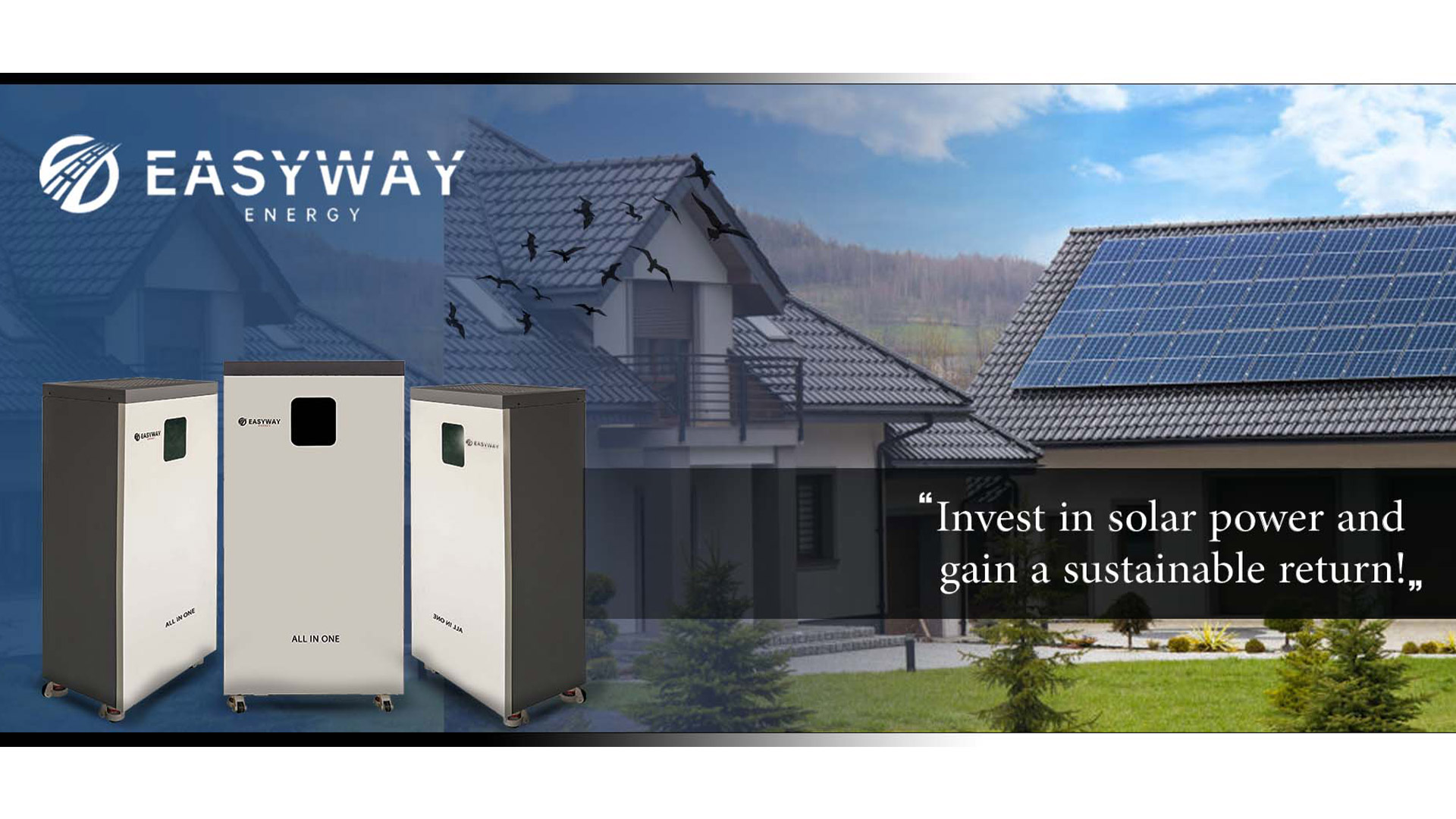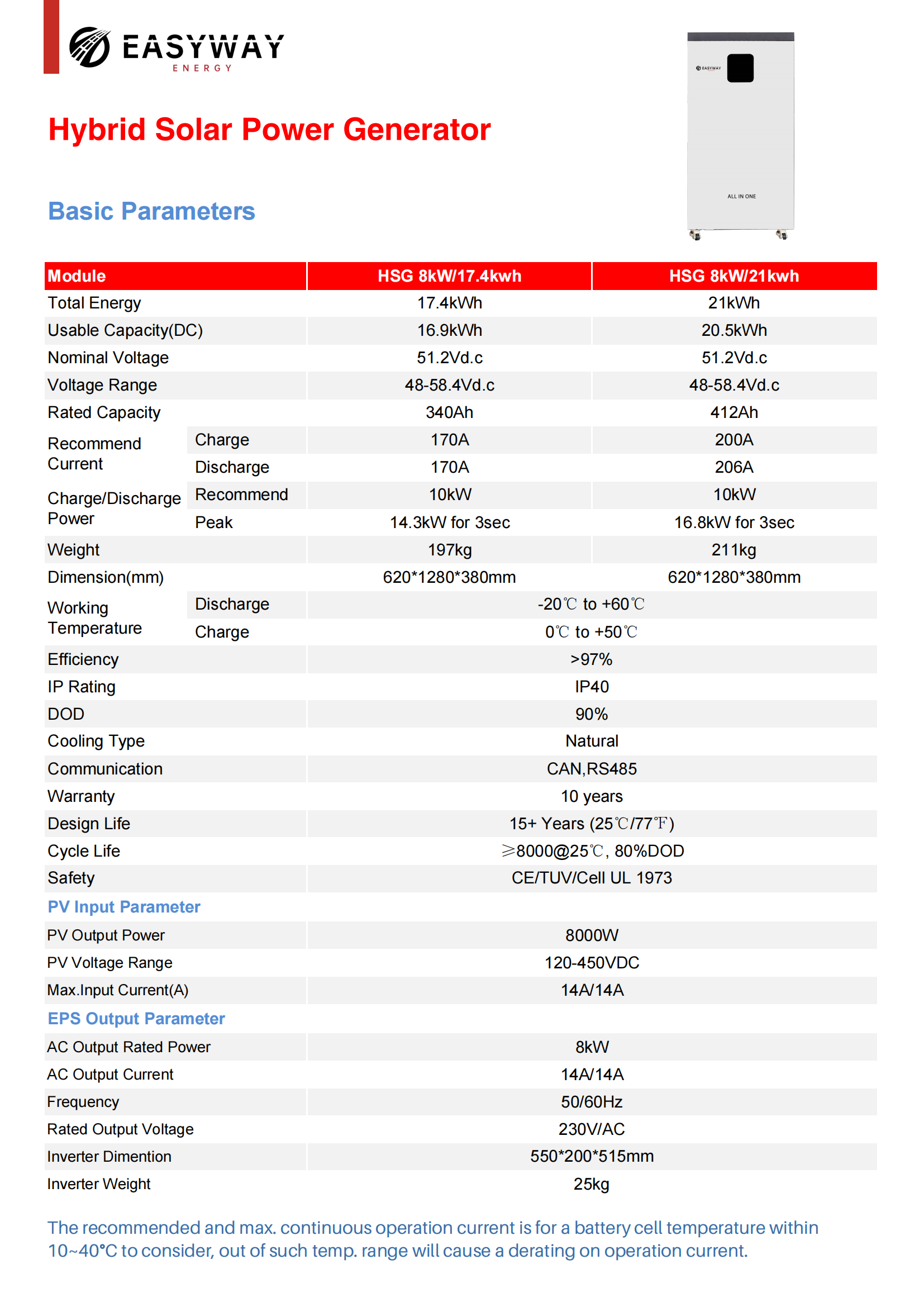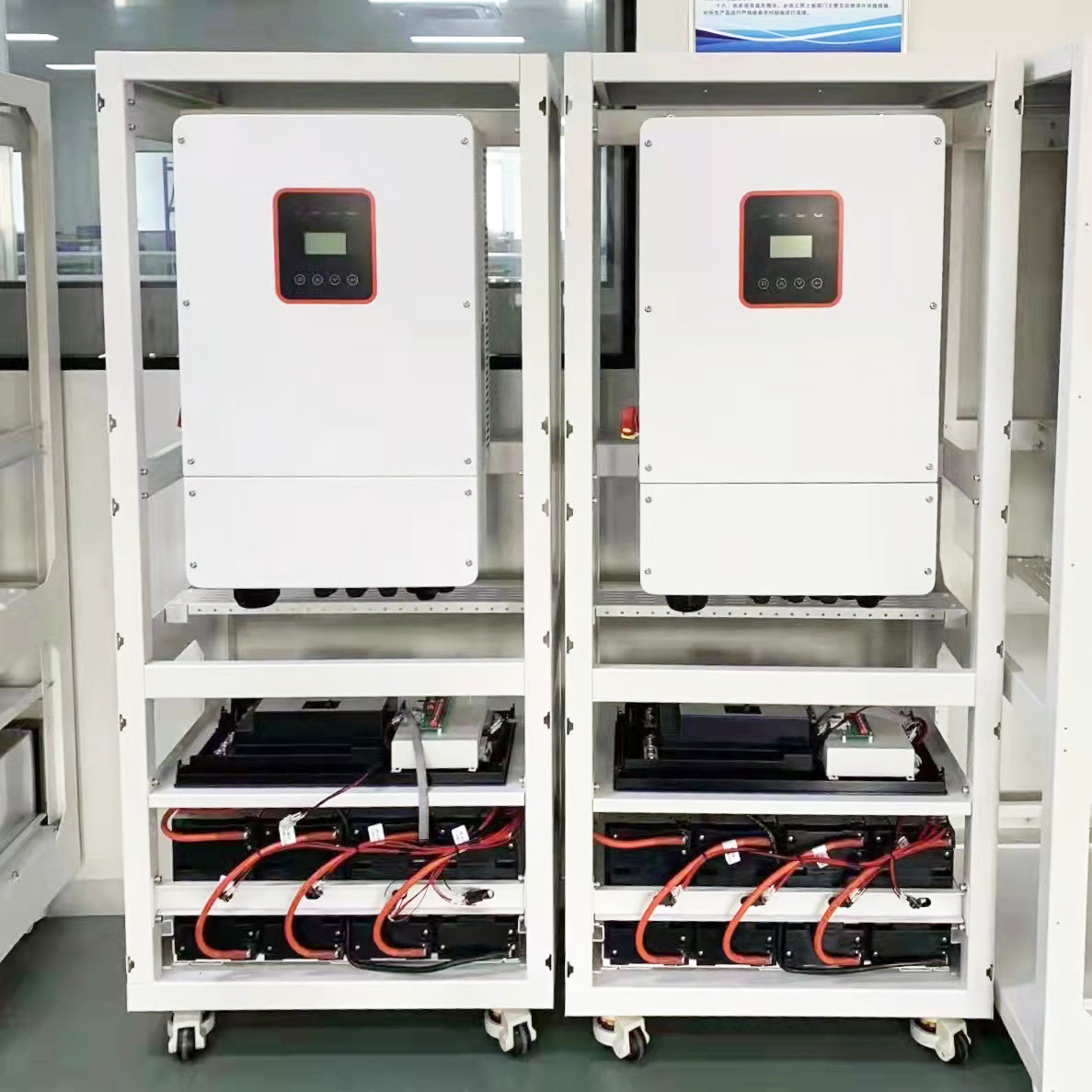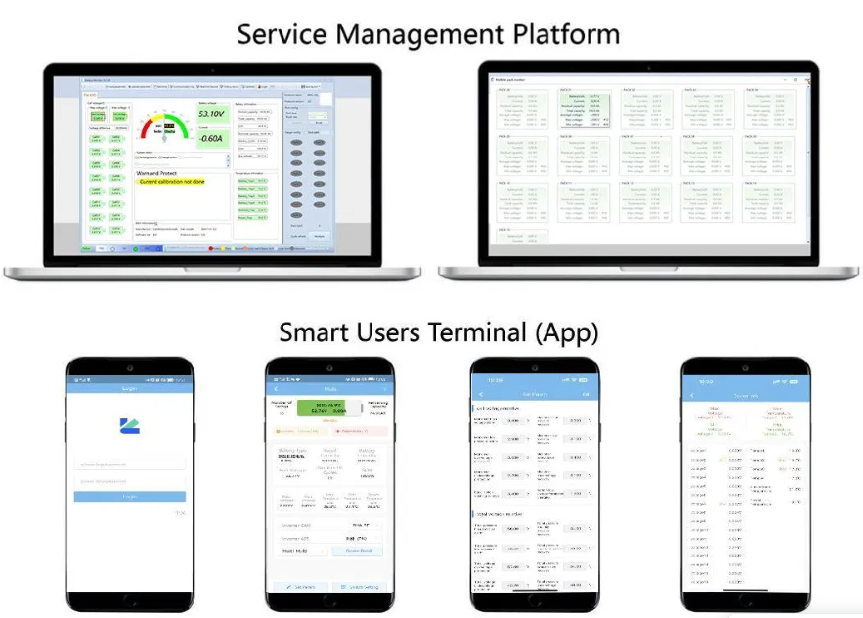






FAQ
Q: What type of lithium battery do you offer? What are the advantages?
A: We utilize lithium iron phosphate (LFP) battery chemistry. LFP offers high current rating, long cycle life, good thermal stability, and high safety compared to other lithium-ion batteries.
Q: Do you use brand new battery cells?
A: Yes, we utilize brand new battery cells from TOP 10 global cell manufacturers to ensure high cycle life and longevity of our batteries. Only the highest quality cells are sourced for our battery modules and packs.
Q: How long does it take to fully charge a 10kWh battery?
A: Approximately 5 hours for a full charge from empty to 100% state of charge. The actual charging time depend on the output power of battery charger.
Q: How long will a fully charged 10kWh battery power a home?
A: On average, a 10kWh battery can provide 1-2 days of power for typical home usage before needing to be recharged. The actual duration depends on the home's energy consumption.
Q: Can I let the battery completely lose its charge?
A: Do not allow the battery to drain completely as this may reduce the overall life of the battery. At minimum, charge the battery every 6 months.
Q: What is the recommended depth of discharge (DOD%)?
A: We recommend not discharging the battery beyond 80% depth of discharge (80% DOD) for optimal battery life. Limiting the depth of discharge to 80% helps extend the number of cycles the battery can provide.
Q: Can the battery data be monitored via Bluetooth on a mobile app, in addition to the PC monitoring software?
A: Yes, we offer a Bluetooth-enabled mobile app for iOS and Android to monitor battery status, usage graphs, warnings and errors.
Q: Is the software upgradable remotely?
A: Yes, the software can be upgraded remotely over the air to continuously improve features and performance.
Q: What is the maximum number of batteries that can be connected in parallel?
A: Up to 16 battery modules can be installed in parallel for expanded energy storage capacity.
Q: What warranty do you provide?
A: We provide a 10 year warranty for our complete battery storage system covering defects in materials and workmanship.
Q: How long will the battery last?
A: Our lithium iron phosphate cells are guaranteed for 6000 cycles. Based on one cycle per day, this translates to over 16 years of service life.
Q: Can your system operate off-grid?
A: Yes, our battery storage system works both on and off-grid. Just add solar panels for fully off-grid renewable energy storage.
Q: Do you provide online technical support?
A: Yes, our technical staff provides 7 days 24 hours online support.
Q: Can your batteries be customized based on client project requirements?
A: Yes, we have customized many storage systems with various requirements for clients in different countries. Our experienced engineering team can design customized battery solutions tailored to each project's unique specifications.
Q: What is the applications of low voltage (48V) and high voltage lithium ion (LFP) batteries in energy storage field?
A: Low Voltage 48V Lithium Ion (LFP) Batteries:
Residential solar PV storage - Used to store electricity from rooftop solar panels, typically around 48V.
Small-scale backup power supplies - Provide short term backup power for office and household electronics.
Indoor storage systems - 48V is more practical than higher voltages in confined spaces.
High Voltage Lithium Ion (LFP) Batteries:
Large-scale solar PV and storage power plants - Used to stabilize and optimize renewable energy grid integration, requiring high capacity systems.
Data center backup power - Provide massive backup power to sustain critical operations.
High power industrial and commercial storage - High voltage systems enable higher power density for meeting heavy loads.
In summary, low voltage 48V lithium ion suits small storage applications, while high voltage lithium ion is applicable for large-scale storage and high power quality demands.
Q: For residential wall-mounted/standalone and modular stackable LFP battery systems, how do I decide which product to purchase?
A: Both wall-mounted and modular stackable LFP batteries have aesthetic designs suitable for homes. However, there are some differences:
Wall-mounted batteries provide fixed capacities in a standalone unit. Modular batteries can be stacked to customize capacity.
Modular batteries require slightly more installation steps to stack and wire modules. However, the installation process is still straightforward. Modules connect wirelessly, simplifying wiring.
Wall-mounted units allow faster plug-and-play installation. Modular systems offer more flexibility in capacity configuration.
Upfront costs may be higher for modular systems of equivalent capacity. But expanding capacity later by adding modules is easier with modular design.
Wall-mounted units are better for simple installation and operation. Modular systems allow more customization and capacity expansion.
Consider your current and future energy storage needs. Modular systems are better for flexibility and future growth, while wall-mounted types are optimal for straightforward installation if you just need a fixed capacity system. Also evaluate available space and aesthetics.






